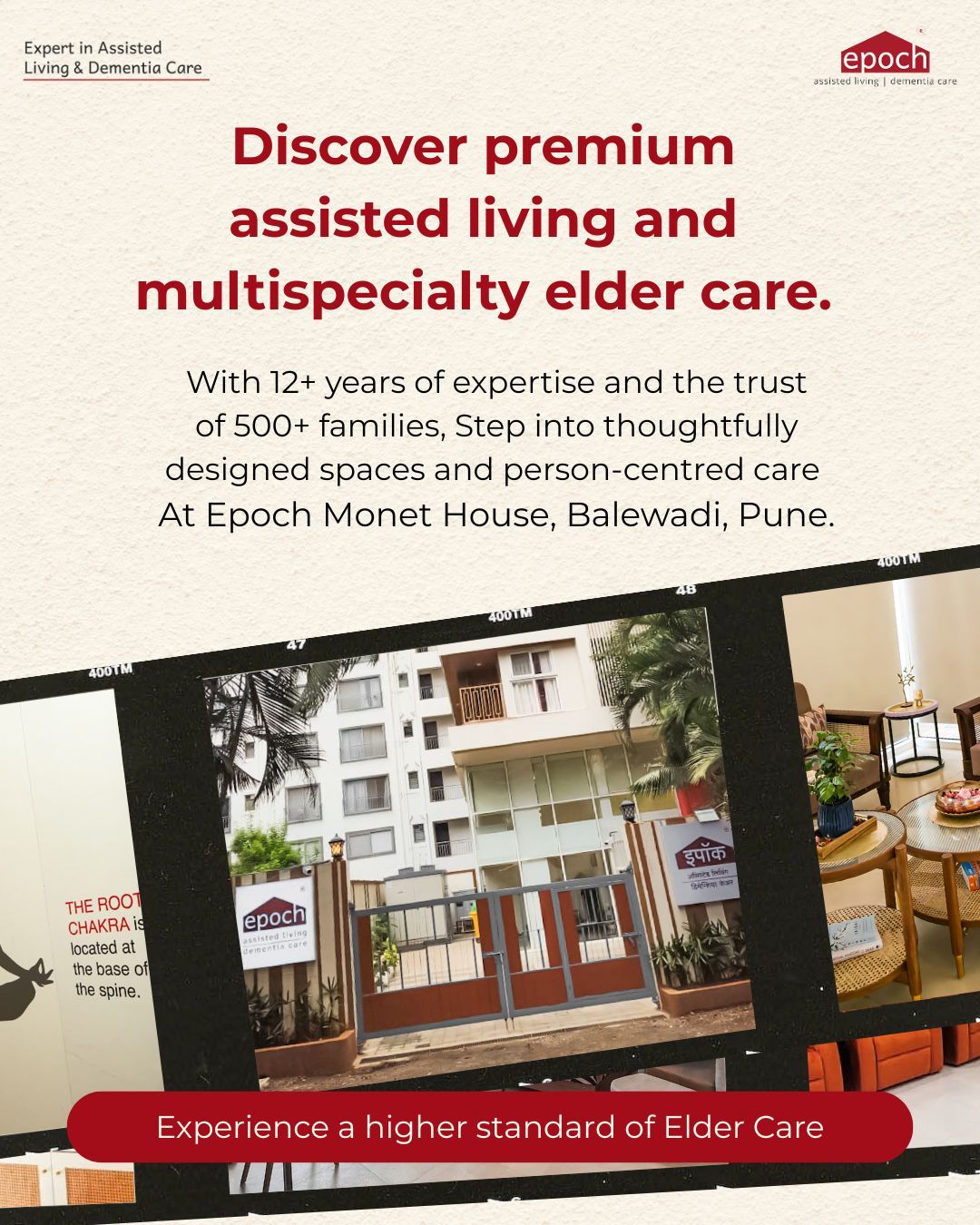A Quiet Shift We Must Acknowledge
As our parents and grandparents age, something subtle but profound begins to happen. More often than not, we start making decisions for them instead of with them. The conversations about their life, health, care, and preferences slowly start happening around them, not with them.
Whether it’s moving to an assisted living home, adjusting daily routines, or managing finances, the voice of the elder often becomes secondary. Well-meaning children, doctors, and caregivers step in to help. But in doing so, the elder’s own voice begins to fade.
This shift, though quiet, can have a loud impact. It’s not just about decision-making. It’s about respect. It’s about dignity.
Aging Doesn’t Cancel Autonomy
Growing older may change how a person interacts with the world; they may speak slower, respond more thoughtfully, or need assistance, but it doesn’t cancel their right to participate in decisions that affect them.
And yet, in hospitals and homes across the world, the pattern repeats:
- Consent is taken from children, not elders.
- Conversations are directed at caregivers.
- Choices are made based on assumptions, not confirmation.
The result is unintentional but real exclusion.
Why Do We Stop Including Elders?
This often doesn’t come from neglect. It comes from love, concern, and urgency. But even good intentions can lead to silence.
- Time Pressure: In emergencies or busy care settings, there’s a rush to make decisions, and elders get left out.
- Cognitive Decline: If an elder has dementia or memory loss, people assume they can’t meaningfully participate.
- Protective Instincts: Family members think they’re sparing elders from stress by keeping them out of tough conversations.
- Habit: Over time, it becomes routine to consult children or caregivers first, especially in medical environments.
But no matter the reason, the result is the same: the elder feels invisible.
When We Don’t Listen, What Happens?
Being excluded can leave elders feeling:
- Ignored or disrespected
- Frustrated or angry
- Disconnected from their family or caregivers
- Less likely to cooperate with care or treatment
Over time, this leads to emotional withdrawal. They speak less not because they have nothing to say but because no one’s asking.
Even with Dementia, Listening Is Possible
It’s important to remember: dementia does not erase the person. Many elders with cognitive challenges still feel, respond, and engage. They may need more time, fewer words, or visual cues, but they deserve to be included.
Simple efforts go a long way:
- Speak slowly, clearly, and kindly
- Use gestures or objects to show choices
- Give them time to respond
- Acknowledge even a nod or a smile as communication
Every small inclusion is a message: You matter.
The Power of Being Heard
Listening is more than an action; it’s an affirmation. When we take time to ask what an elder prefers, how they feel, or what they want, we’re telling them they still belong, still lead, and still matter.
This simple act can:
- Improve emotional well-being
- Build trust between elders and caregivers
- Make care plans more effective and personalized
- Reduce anxiety and resistance
Listening is not a luxury in elder care; it’s a responsibility.
What Can Families and Caregivers Do Differently?
The good news is: restoring a sense of autonomy doesn’t take much.
Here’s how to bring elders back into the conversation:
- Ask them first. Even if others are present, start with the elder.
- Make eye contact. Show them they’re part of the conversation.
- Pause and wait. Give them time to think and speak.
- Respect their ‘no.’ Consent means letting them disagree too.
- Include them in routine choices. What to wear, what to eat, when to rest, small decisions rebuild confidence.
It’s not about control. It’s about connection.
Shifting the Culture of Care
Whether at home or in a professional setting, the culture around elder care must shift from task-oriented to person-centered. We need systems and habits that uphold dignity.
That means:
- Training staff on elder communication
- Creating time in routines for meaningful conversations
- Involving elders in care plans, not just families
- Encouraging feedback directly from residents
- Designing processes that ask: “What does the elder want?”
Final Thoughts: Let’s Not Just Care “ Let’s Listen”
Caring for elders isn’t just about medicines and meals. It’s about ensuring they remain the lead character in their own story. Their preferences, stories, and values still count, perhaps more than ever.
Let’s not reduce aging to silence.
Let’s ask.
Let’s include.
Let’s listen.
Because the greatest gift we can give our elders is not just a safe space but a voice within it.













